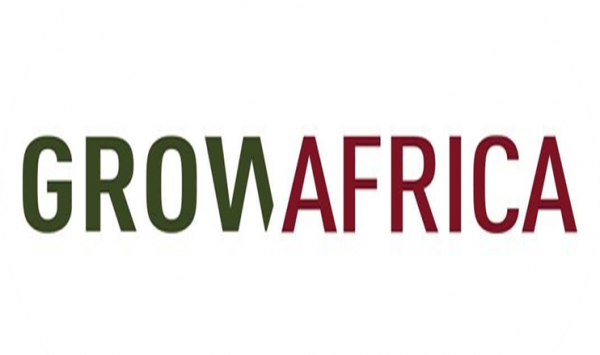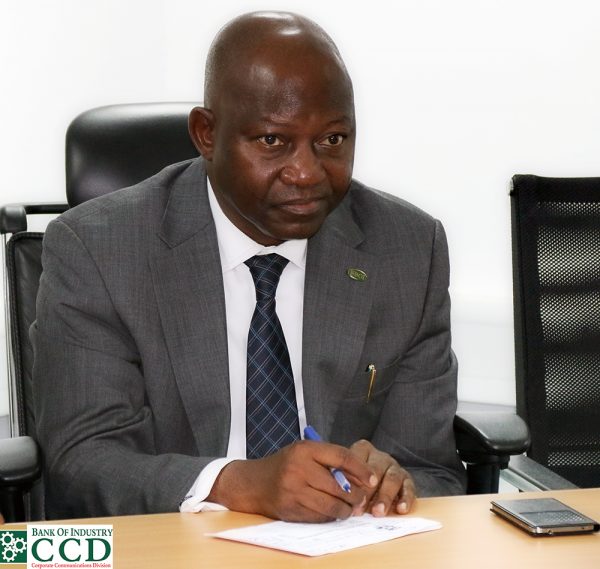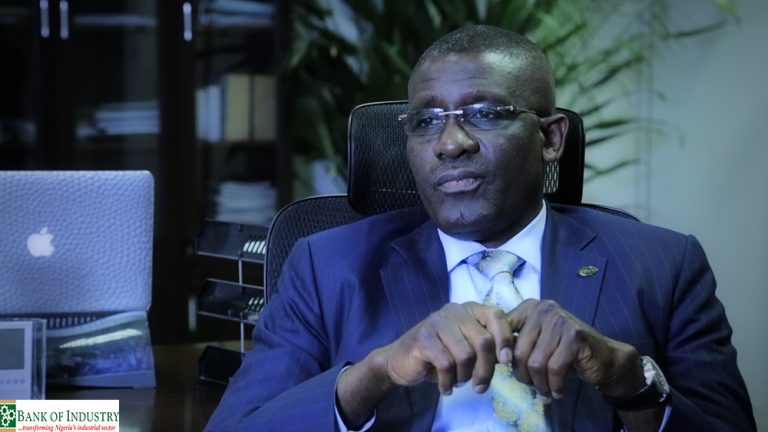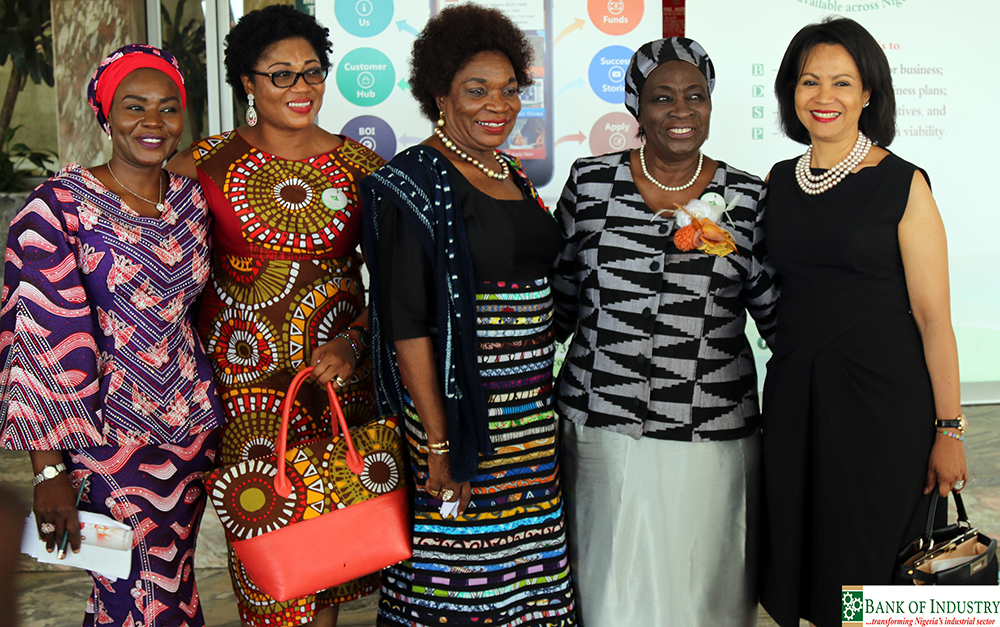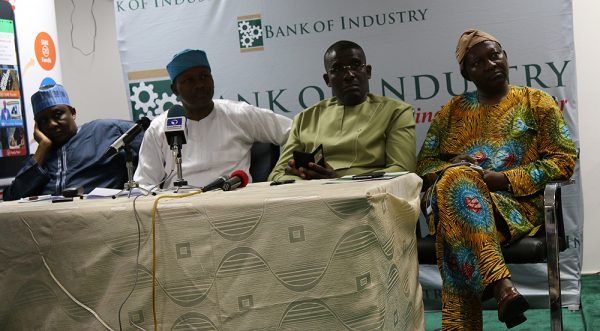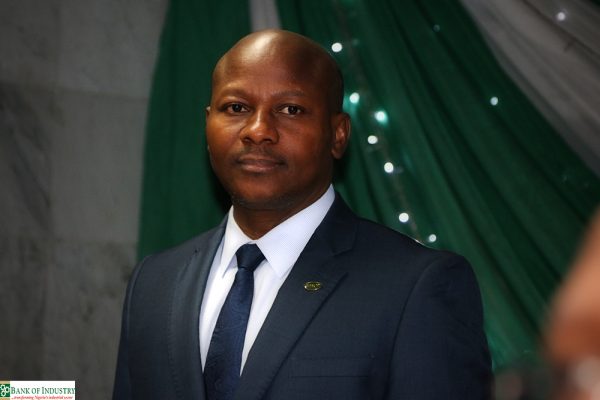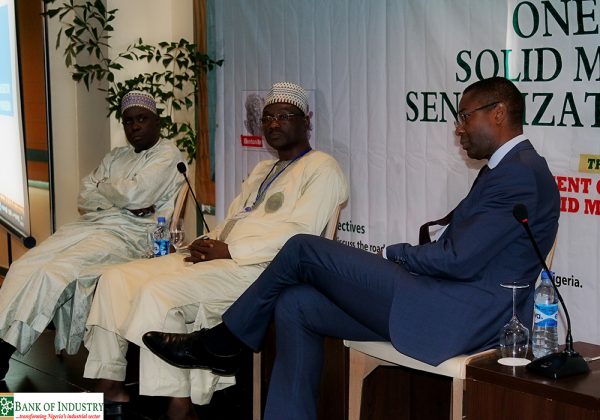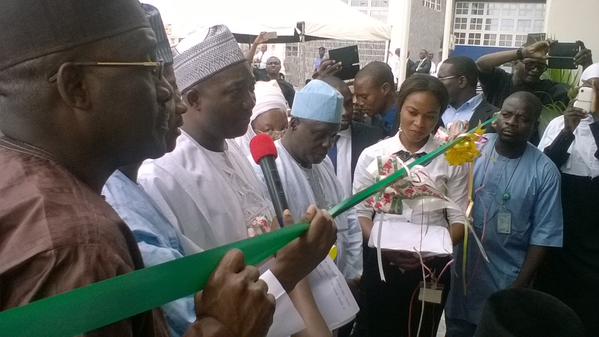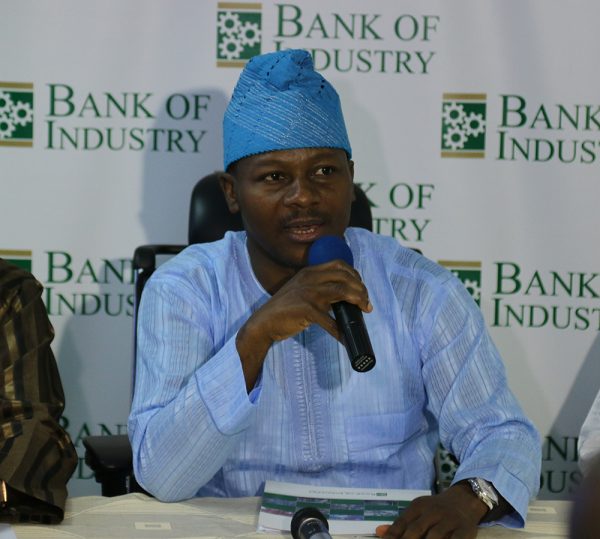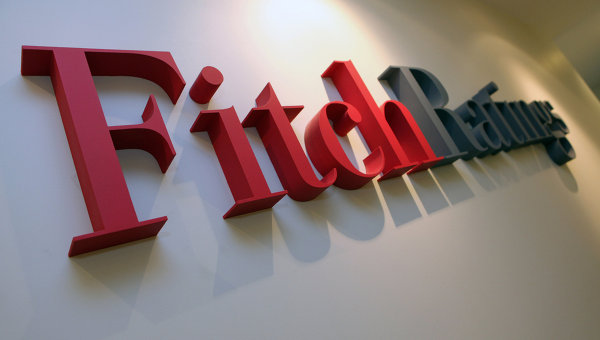The Bank of Industry (BoI) has partnered Grow Africa Equity Partners Limited to raise a $60 million Venture Capital Fund for small businesses, as part of its innovative financing scheme and efforts to expand intervention in the industrial sector from loan disbursements. Under the arrangement, the bank has made an investment commitment of $6 million to aid provision of equity capital for fast growing businesses.
Indeed, the Venture Capital Fund aims to provide equity capital, along with strategic and operational support to early stage and fast growing businesses involved in technology, agriculture, consumer goods and services sectors. BoI’s Managing Director, Rasheed Olaoluwa in a statement at the weekend, said: “Nigerian businesses cannot be built on debt alone. It has long been part of the bank’s vision to find ways to provide sorely needed equity capital and business advice to promising Nigerian businesses. “Our partnership with Grow Africa is one of the avenues for realising this vision and we remain committed to the pursuit of our core mandate of providing long-term financial support to small, medium and large companies/projects in Nigeria’s key sectors.”
Olaoluwa added that the investment commitment was informed by the track record of Grow Africa’s partners, the developmental impact of their existing portfolio and their strong pipeline for potential new investments. The Chairman of Grow Africa Equity Partners, Adedotun Sulaiman, noted that with the right type of support, Nigerian businesses could become global leaders. Sulaiman, who also chairs the Boards of Interswitch, SecureID, IDEA, New Horizons and others, said: “Over the past 10 years, I have provided capital and advice that have helped several businesses grow from ideas into multi-billion naira industrial leaders. “Through this partnership, I hope to see many more entrepreneurs realise their dreams of creating leading companies and delivering massive value to Nigeria.”
The Managing Director of the company, Afam Edozie, added: “We are extremely pleased with this partnership with BoI, and this is a strong signal of the bank’s commitment to supporting indigenous Fund Managers to catalyse growth and sustainable development in Nigeria. “This new investment will increase development impact and socio-economic benefits through the creation of additional jobs, development of local entrepreneurship and will create additional fiscal revenue to Government. “The Bank of Industry has demonstrated that they share our dedication and passion in helping to build world class industries in Nigeria”. The Bank of Industry is Nigeria’s leading industrial development financing company, with a loan portfolio of N592 billion to projects in Nigeria’s real sectors- agro-processing, solid minerals, gas and petrochemicals, as well as engineering and technology. Similarly, it supports SMEs through a network of 14 offices across Nigeria and 122 business development services providers.

